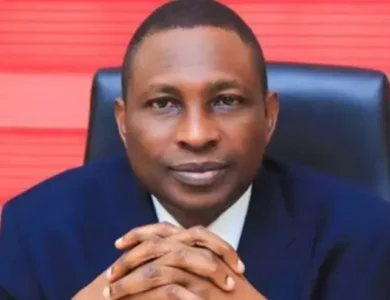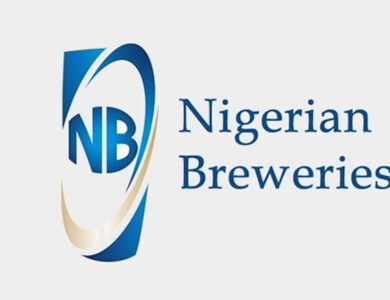

Stakeholders in the health sector have said that the 2024 budget by the 36 state governments and the Federal Capital Territory (FCT) revealed the varying prioritisation of healthcare services across Nigeria.
A comprehensive analysis of the budgets obtained from the states showed that Kano, Kaduna, Yobe, Abia, and Bauchi are on top of the list of states with higher health expenditure, allocating between 15.0 percent and 16.5 percent of their total budgets to healthcare initiatives.
However, concerns loom as some states significantly lag behind in their health budgets in line with the 2021 African Union (AU) Health Expenditure Benchmark, otherwise known as the Abuja Declaration.
Official statistics showed that Kwara, Ekiti, and Niger allocated less than two percent of their budgets to health, indicating potential challenges in healthcare accessibility and infrastructure development.
“Kwara State, for instance, allocated 0.17 percent of its budget to health, signaling potential challenges in healthcare delivery and infrastructure development,” it revealed.
The stakeholders also applauded the states that met the 15 percent healthcare budget and called for adequate funding of the health sector in the country.
According to them, the discrepancies emphasise the urgent need for a more equitable distribution of healthcare funding to ensure all citizens have access to quality healthcare services, regardless of their geographical locations.
Mrs. Maimuna Abdullahi, a health economist and Monitoring & Evaluation Specialist at the Africa Health Budget Network (AHBN), said that citizens in states with lower health budget allocations should demand their rights to better healthcare by taking several actions.
“Educate fellow citizens about the importance of healthcare funding and its impact on their well-being.
“Use social media, community meetings, and grassroots campaigns to spread awareness,” she said, adding that they should form advocacy groups focusing on healthcare issues.
These groups, she said, could organise rallies, petition government officials, and engage in advocacy to demand increased healthcare funding.
She said that people should send correspondence or make phone calls to government representatives to express concerns about low healthcare funding.
“Attend town hall meetings and public forums to directly address policymakers,” she said.
Corroborating her earlier opinion, Mrs. Tina Atala, a lawyer in the FCT, said that people at the grassroots should explore legal avenues such as filing lawsuits or seeking legal advice to challenge inadequate healthcare funding.
Atala said that it was imperative for the people to mobilise collectively to demand better healthcare services.
“This can involve organizing protests, signing petitions, or participating in community meetings with local leaders. Health is a fundamental human right for every Nigerian.
“They should work with media outlets to amplify the issue of low healthcare funding,” she advised.
She said that by taking collective action and advocating for their rights, people could pressure government officials to prioritise healthcare funding and ensure access to quality healthcare services for all.
Similarly, the health proposals in the 2024 federal budget that aim to enhance the physical and mental health of Nigerians fall below the 2021 Abuja Declaration.
The Federal Government has earmarked N1.502 trillion for healthcare services, including provisions for the Basic Healthcare Provision Fund and other viable infrastructure and health development programmes in the country.
With a funding gap of N2.622 trillion, there were concerns regarding the sufficiency of the budget, especially given Nigeria’s high out-of-pocket health expenditure and challenges posed by macroeconomic indicators.
Inadequate funding, over-centralization of resources, and lack of transparency in the allocations, particularly the N57.392 billion for the “Immunization Plus and Malaria Progress by Accelerating Coverage and Transforming Services (Immunization)” project, raised questions about efficient fund management and value for money. (NAN)



